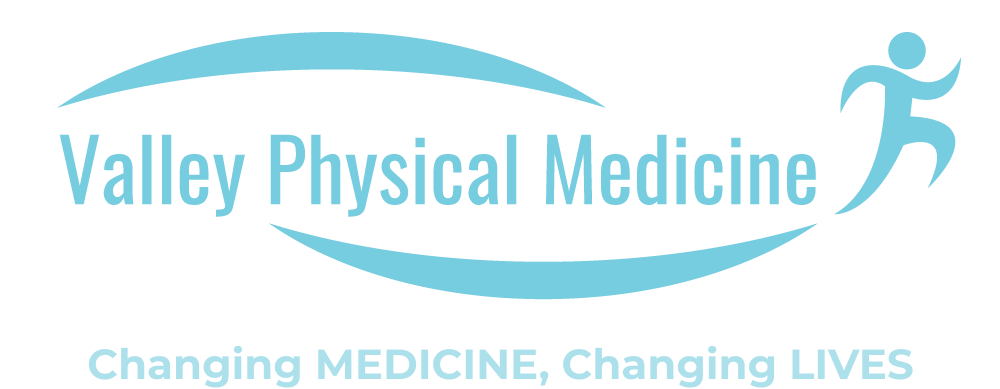
At Valley Physical Medicine in Fayetteville, NC, we specialize in treating degenerative disc disease (DDD), a condition that can lead to chronic pain and disability. Our expert team is dedicated to providing personalized care that addresses both the symptoms and underlying causes of DDD.
Understanding Degenerative Disc Disease
Degenerative disc disease is not actually a disease but a term used to describe the natural changes in your spinal discs as you age. Spinal discs are soft, compressible discs that separate the interlocking bones (vertebrae) that make up the spine. The discs act as shock absorbers for the spine, allowing it to flex, bend, and twist. Degenerative disc disease can take place throughout the spine, but it most often occurs in the discs in the lower back (lumbar region) and the neck (cervical region).
Symptoms of Degenerative Disc Disease
The primary symptom of DDD is pain, which can vary depending on the location and severity of the condition. Other common symptoms include:
- Pain that worsens when sitting or bending, lifting, or twisting
- Pain that improves when walking or moving
- Numbness and tingling in the extremities
- Weakness in the muscles of the arms or legs
Our DDD Treatment Services
We offer a variety of treatments and services to help manage symptoms and improve quality of life:
- Physical Therapy: Exercises to strengthen and stabilize the spine, improve flexibility, and reduce pain.
- Chiropractic Care: Adjustments to reduce spinal stress and improve spinal function.
- Pain Management Techniques: Including modalities like ultrasound therapy, electrical stimulation, and heat or cold therapy.
- Lifestyle Modifications: Guidance on proper posture, ergonomic changes, and activities to avoid that may aggravate the condition.
Why Choose Valley Physical Medicine for DDD Treatment?
- Experienced Team: Our specialists have years of experience treating spine-related conditions, including degenerative disc disease.
- Comprehensive Care: We take a holistic approach to care, addressing the physical symptoms as well as contributing factors like lifestyle and diet.
- Customized Treatment Plans: Every patient’s condition and needs are unique, which is why we tailor our treatment plans to each individual.
Schedule Your Consultation
If you’re experiencing symptoms of degenerative disc disease, don’t wait until the pain becomes unbearable. Early intervention can help manage symptoms effectively and prevent further degeneration. Contact Valley Physical Medicine today to schedule a consultation and learn how we can help you live a more comfortable life.
Call us at (910) 867-5500 or book an appointment online through our appointments page.
Frequently Asked Questions About Degenerative Disc Disease Treatment
What is degenerative disc disease?
Degenerative disc disease refers to changes in the spinal discs as you age. These discs act as shock absorbers for the spine, but over time, they can deteriorate or become damaged, leading to pain and other symptoms.
What are the symptoms of degenerative disc disease?
Common symptoms include pain that may be persistent or intermittent, weakness, numbness, and tingling sensations in the limbs. The pain might increase with activities like bending, lifting, or sitting.
What causes degenerative disc disease?
The primary cause is the natural aging process. As you age, your spinal discs lose hydration and elasticity, which reduces their ability to cushion the vertebrae effectively. Lifestyle factors, such as physical activity, smoking, and body weight, can also influence the development and progression of the disease.
How is degenerative disc disease diagnosed?
Diagnosis typically involves a physical examination and medical history evaluation. Imaging tests like MRI or CT scans may be used to assess the condition of the discs and surrounding structures of the spine.
What treatment options are available at Valley Physical Medicine?
We offer a range of treatments, including:
- Physical therapy to strengthen the muscles around the spine and improve flexibility.
- Chiropractic care to improve spinal alignment and relieve pressure on the nerves.
- Pain management techniques such as electrical stimulation, ultrasound, or heat/cold therapy.
- Lifestyle advice for maintaining a healthy weight and avoiding activities that exacerbate the condition.
Is surgery necessary for treating degenerative disc disease?
Surgery is considered a last resort and is usually only recommended if conservative treatments fail to relieve symptoms, or if there is significant nerve compression causing severe pain and functional impairments.
Can exercise help with degenerative disc disease?
Yes, targeted exercises can help by strengthening the muscles that support the spine, improving flexibility, and reducing pressure on the spinal discs. We can provide a customized exercise plan based on your specific condition.
What can I do to prevent the progression of degenerative disc disease?
Maintaining a healthy lifestyle is key. This includes regular exercise, maintaining a healthy weight, avoiding smoking, and using proper posture and body mechanics during physical activities.
How long does treatment typically last?
The duration of treatment can vary depending on the severity of your condition and how well you respond to therapy. Some patients may experience significant improvement within a few weeks, while others might need ongoing management strategies to maintain their quality of life.
How can I schedule an appointment for treatment?
You can schedule an appointment by calling our office at (910) 867-5500 or by booking directly through our online appointments page. We’re here to help you manage your condition and improve your overall health.
